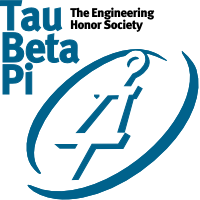Why is K-12 STEM education important?
Increasing access to, and improving the quality of science, technology, engineering, and mathematics (STEM) education have been widely reckoned as being one of the most important investments to ensure a promising future for our country's youth, as well as the country's leadership in innovation. Labor statistics show that obtaining education in a STEM field is correlated with higher incomes and lower unemployment rates. With jobs in STEM fields anticipated to grow at twice the rate of non-STEM jobs over the next few decades, there appears to be a market for students with STEM degrees in the foreseeable future.
Concurrent to the promising growth in jobs, we are also faced by the challenges of high dropout rates, and very low proficiency rates among our school students. In Michigan for instance, the mathematics and science proficiency rates among elementary and middle school students in 2012 were below 40% and 20% respectively. A critical aspect of bridging the STEM achievement gap, thus, is engagement of students in science and mathematics from early stages of their education. The government, education institutions, corporations, and non-profits have invested several million dollars in K-12 STEM education initiatives, research, and teacher training.
What is MindSET?
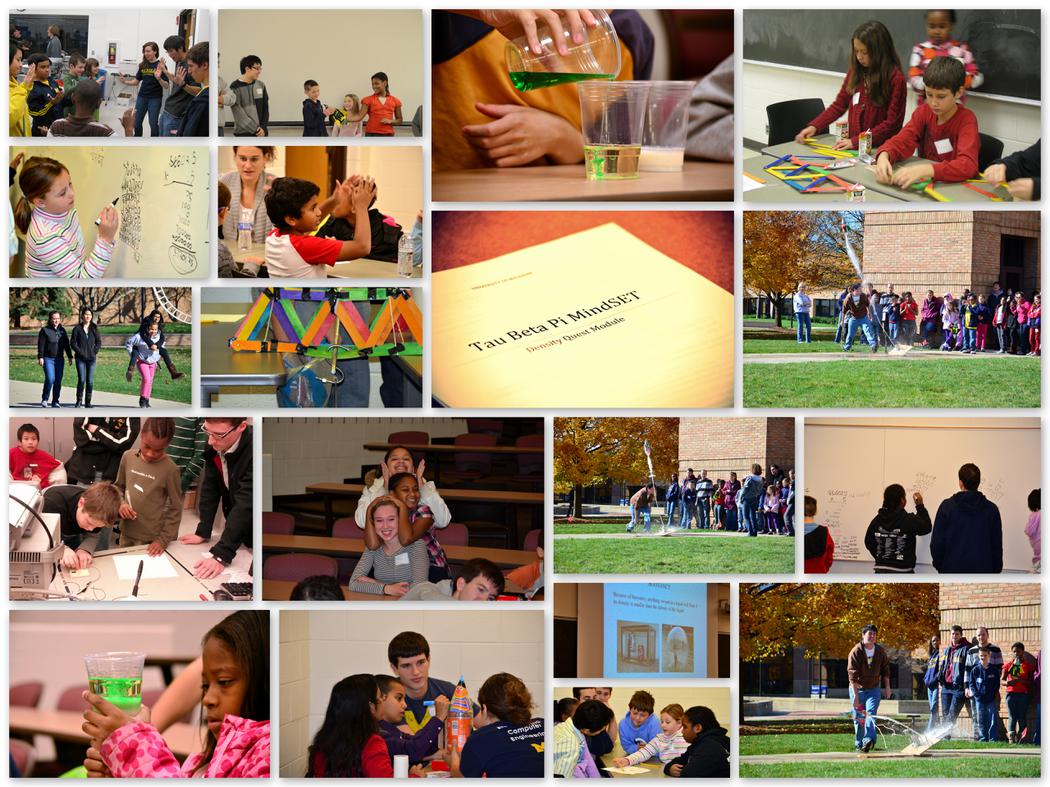
MindSET is a STEM education initiative started by TBP. It is an outreach program put on by a number of TBP chapters around the country, and is aimed at engaging K-12 students in science and mathematics through hands-on, design-based learning activities, and mentoring from current engineering undergraduate and graduate students. The MindSET program at the TBP MI-Gamma chapter started in 2010. Since then, we have partnered with half a dozen Ann Arbor and Ypsilanti schools to work with over a hundred students every year.
The program is designed around learn-design-build-test modules. Each semester, we do three to four modules. The modules cover topics in physics, chemistry, and mathematics, along with their engineering applications such as bridges, circuits, and water rockets. The design-build activities involve groups of 4–5 school students working together with 2–3 college students. This structure provides a fun-filled and creative learning experience for school students, and also creates opportunities for college students to share their experience with learning engineering.
MindSET modules are organized three to four times a semester on Saturday morning from 9:00 am to 12:00 pm. Each module is different in a given semester, but we may do the same module across semesters.
K-12 Outreach Team
Our awesome K-12 outreach team leaders this semester are Natalie and Ava! Please send an email to tbp.k12outreach@umich.edu if you have any questions about MindSET, or suggestions about how we can improve our program.
Natalie Garvey
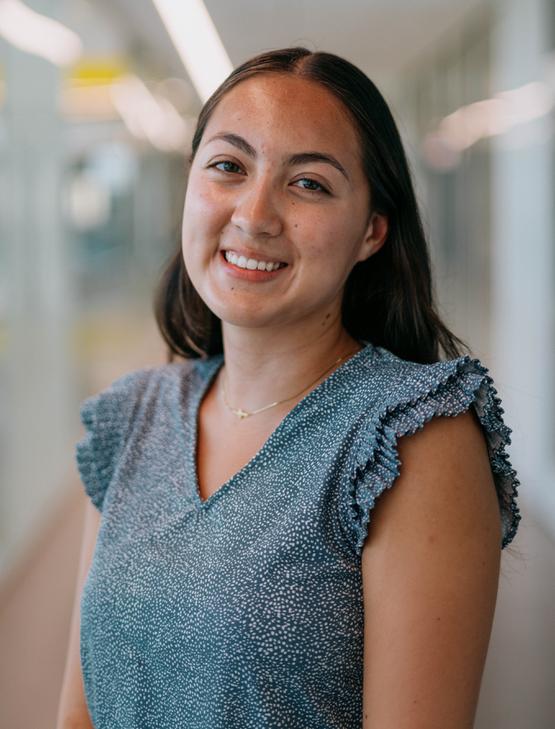
Favorite Ice Cream Flavor:
Favorite City:
Fun Fact About Me:
Ava Martin
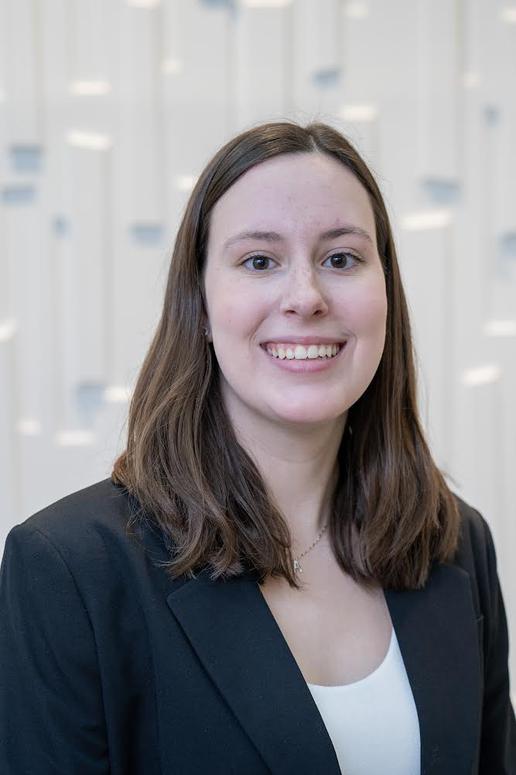
Favorite Ice Cream Flavor:
Favorite City:
Fun Fact About Me:
Over the years, we've had some pretty cool people lead our K-12 outreach efforts. Here's a list of these awesome people, and what they did for MindSET and fun facts about them!
Aidan Shoresh
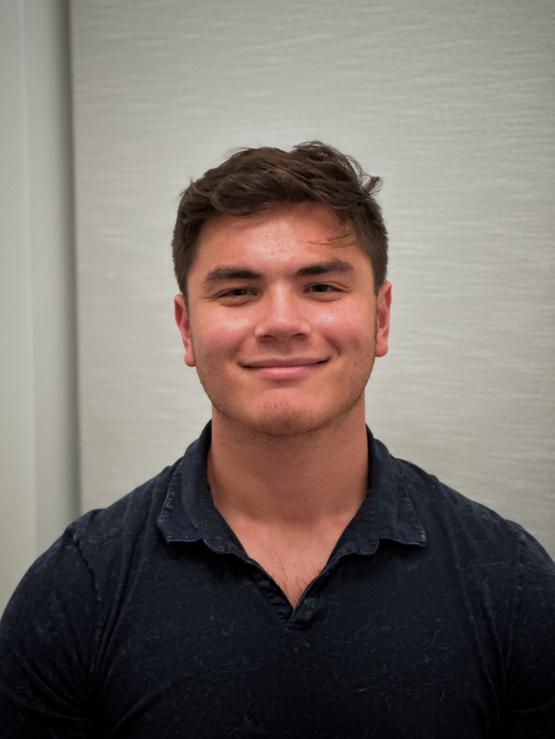
Evelyn Lee

Dylan Stone

Jacob Miller
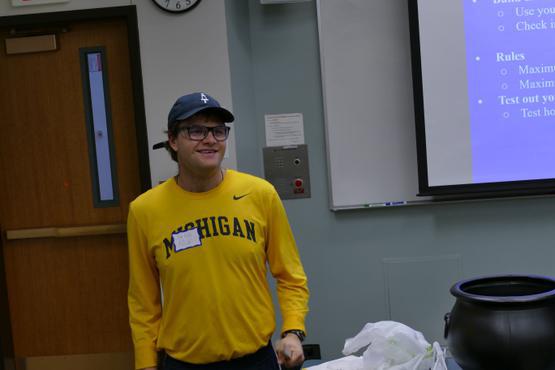
DrDFM Martel

Yicheng Tang

Tara Radvand

Jessy Simmer
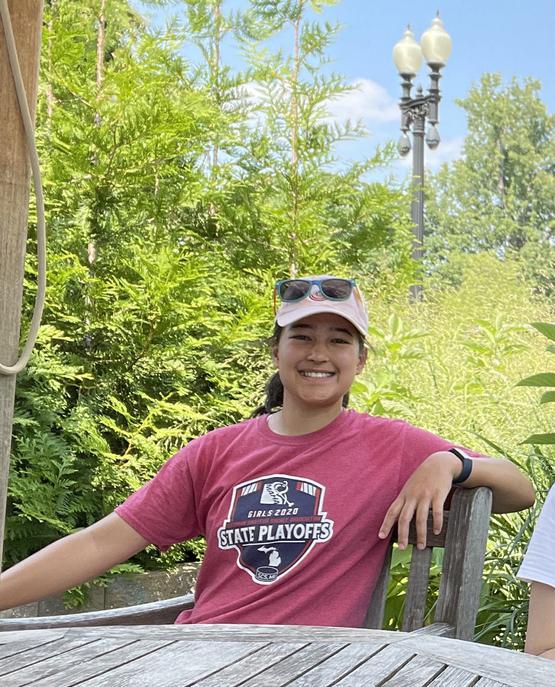
Jamie Ferris

🐧💵Erik Radakovich
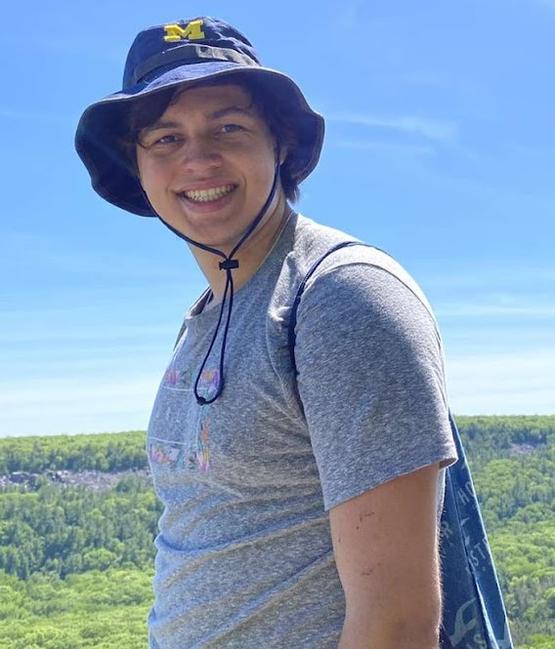
🐻❄️ Simon Li

John Serger
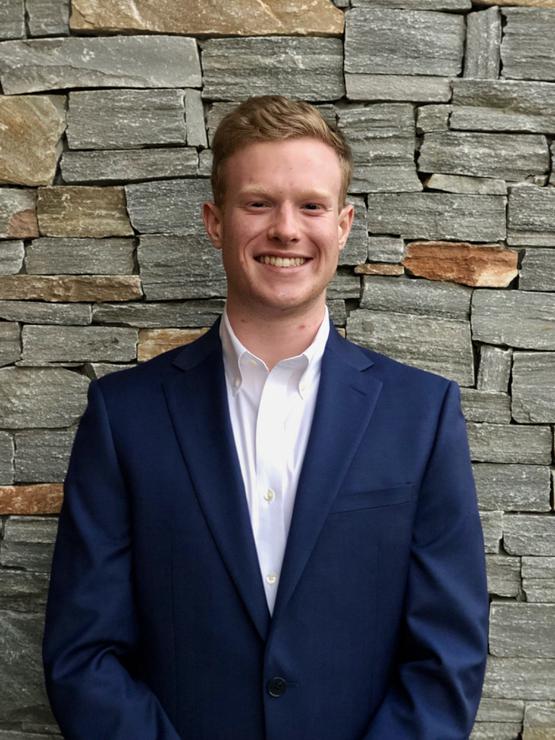
William Chung

Sydney Erickson

Andrej Coleski

Swetha Reddi

Michael Panagos

Ryan Miller
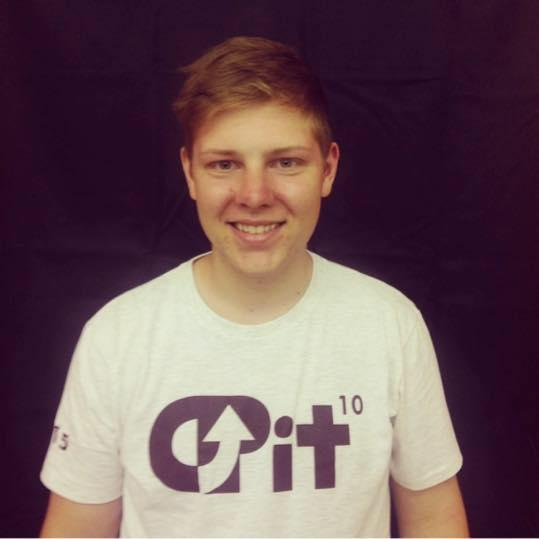
Mackenna Hill
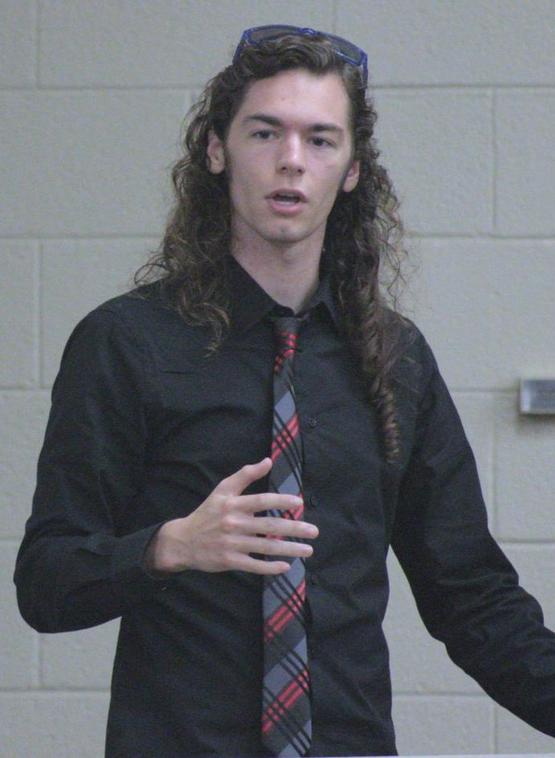
Gunseli Onder
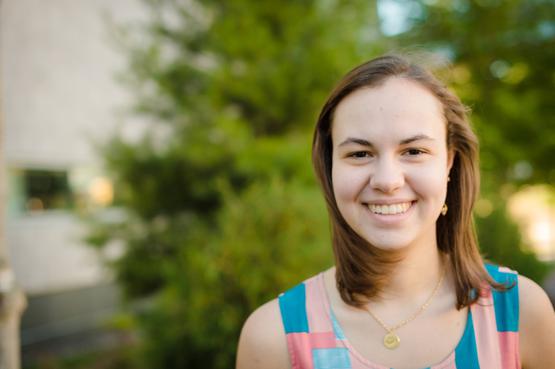
TBD
Shruthi Chandra

TBD
Rachel Neumann

Rachel is pursuing her Master's in Chemical Engineering here at the University of Michigan.
Eric Colomb

TBP
Sara Rusignuolo
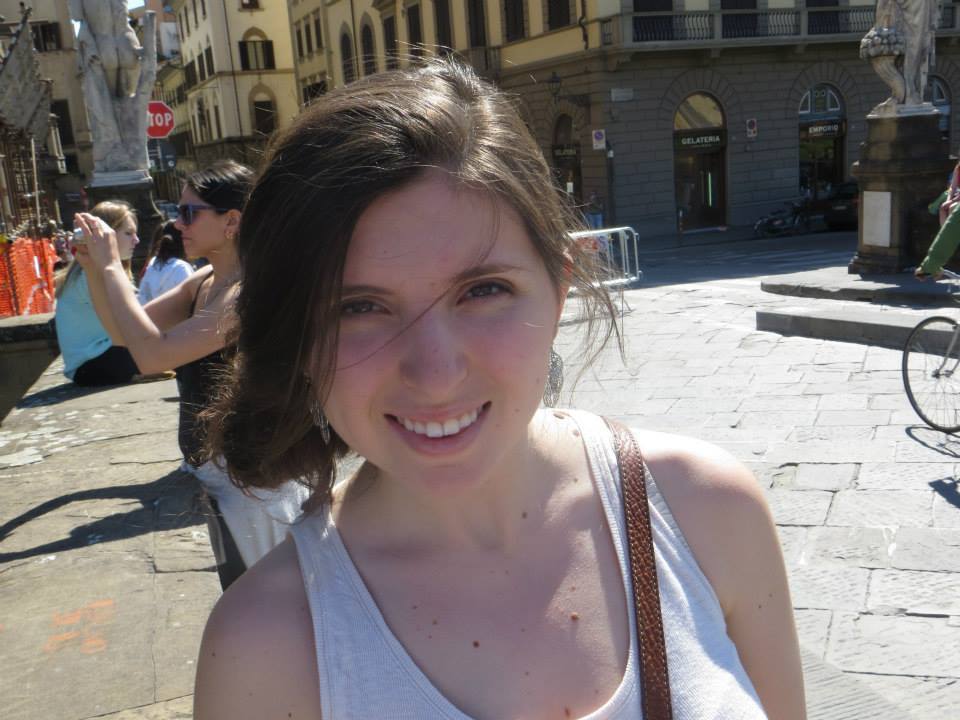
Sara is enjoying her last few semesters at Michigan and trying to learn how to cook.
Laura Kruger
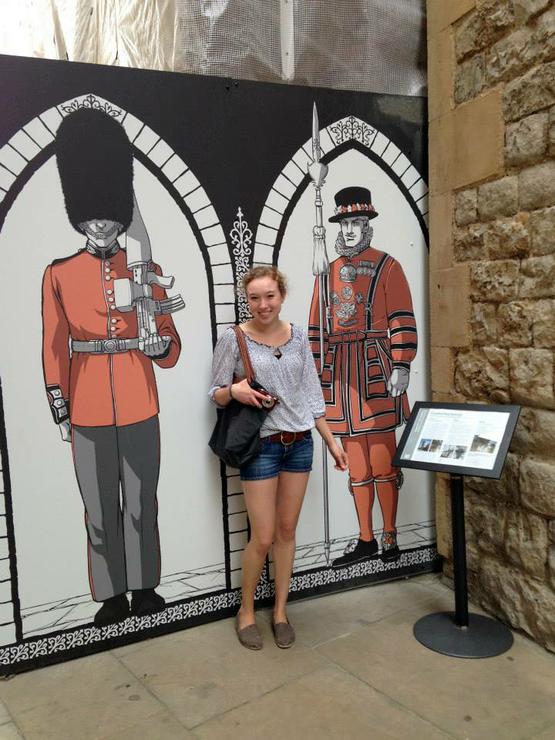
Laura helped to start the K-12 Outreach Committee. She studies biomedical engineering and plans to attend medical school after she graduates.
Alex Waselewski
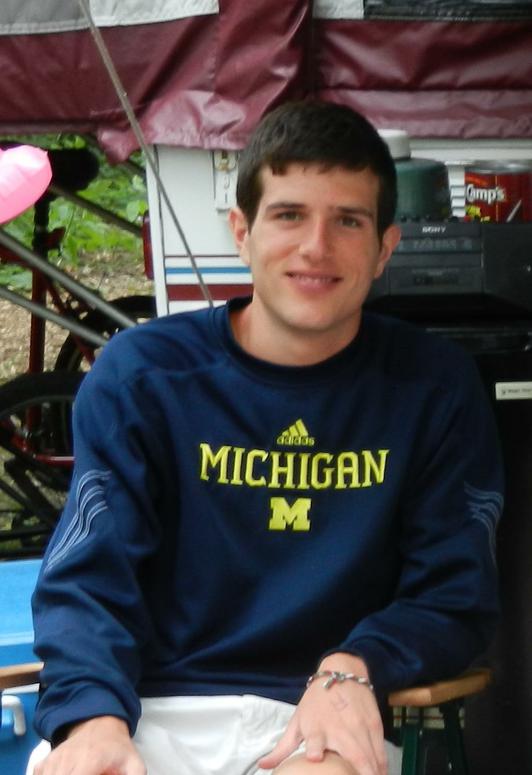
Alex helped to expand MindSET to more students and schools. He is studying to be a doctor and likes playing video games.
Marissa Lafata
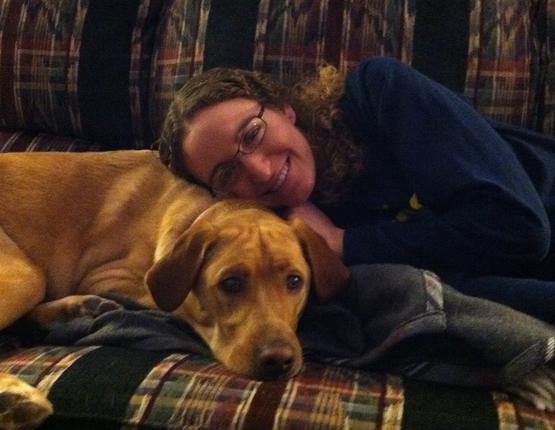
Marissa studies cool materials for her Ph.D. at the University of California, Santa Barbara.
Jeff Lowe

Carlos Pons Siepermann

Nathan Rowley
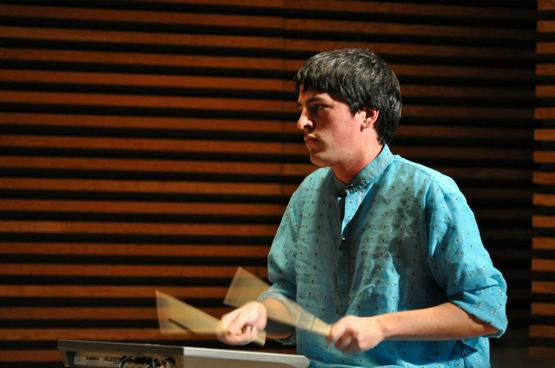
Sarang Supekar
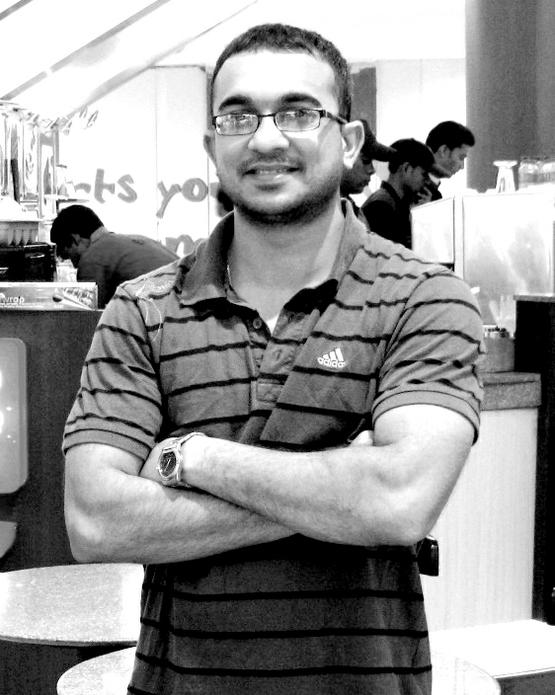
Sarang started MindSET at the University of Michigan; he loves making pottery.
Modules
Feedback
We would really like to hear from parents, teachers, students, and volunteers about how we're doing at MindSET. Please take a moment to provide us your valuable feedback using this form.
FAQs
How do I get my child enrolled in MindSET?
The program is open to anyone who is interested in, and/or needs additional help with science or math. If your child is interested in participating in MindSET, please contact your child's class teacher or the school's MindSET teacher representative, and ask about filling out a MindSET permission slip. If your school doesn't have a MindSET representative, please email us and we will work towards partnering with your school.
How much does MindSET cost?
MindSET is absolutely free for school students! All the module costs are covered through TBP's funds.
When and where is MindSET organized?
MindSET modules are organized three to four times a semester on Saturday morning from 9:00 am to 12:00 pm on the University of Michigan's North Campus. Specific room numbers are conveyed to the schools at the beginning of each term.
How do I bring my child to the University of Michigan campus?
Parents can drive their child to the specified North Campus location before 9:00 am, and sign them in at the desk manned by a student volunteer. At the end of the module around noon, parents need to sign their child out, before driving him/her home. Some schools provide a school bus to pick-up and drop-off children from their own school. Please ask your school MindSET representative if the school provides bus service for MindSET.
Where do I park?
Since MindSET happens on Saturdays, parents can park for free in the areas shown in the map below.
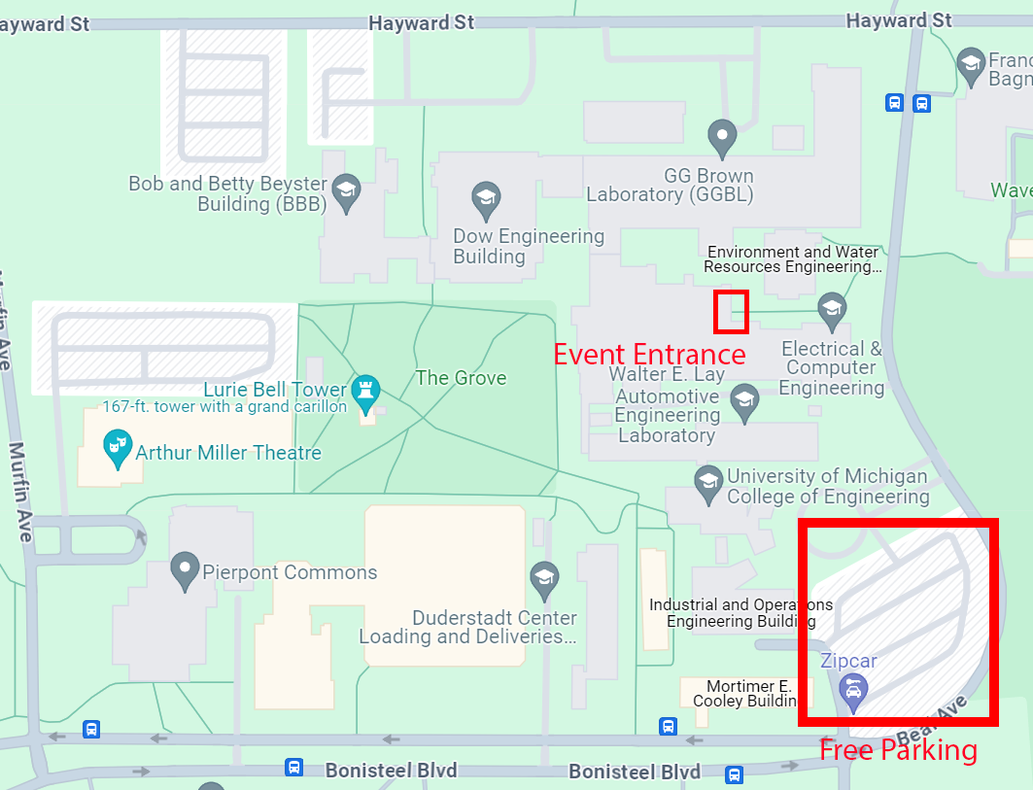
Do I send my child with food and/or water?
We provide the school children and our college student volunteers with light snacks and fruit juice at around 10:30 am during the module. There are also water fountains in the buildings in which we organize our modules. However, if you wish to send your child with snacks and water, you are welcome to do so. Additionally, if your child has any food allergies that we should be aware if, please be sure to mention them on the permission slips that you will fill out at the beginning of the term in order to sign up for MindSET.
What if my child misses a Saturday session?
We understand that attending all the sessions may not be possible for students. We encourage attending as many as possible, but it is not mandatory to attend all of them.
Modules this Semester
We are still working on scheduling this semester's modules. Please check back soon for the Winter 2026 schedule.
Resources for Volunteers
Criminal Background CheckEach MindSET volunteer must complete a criminal background check and complete required Youth Protection Training.
